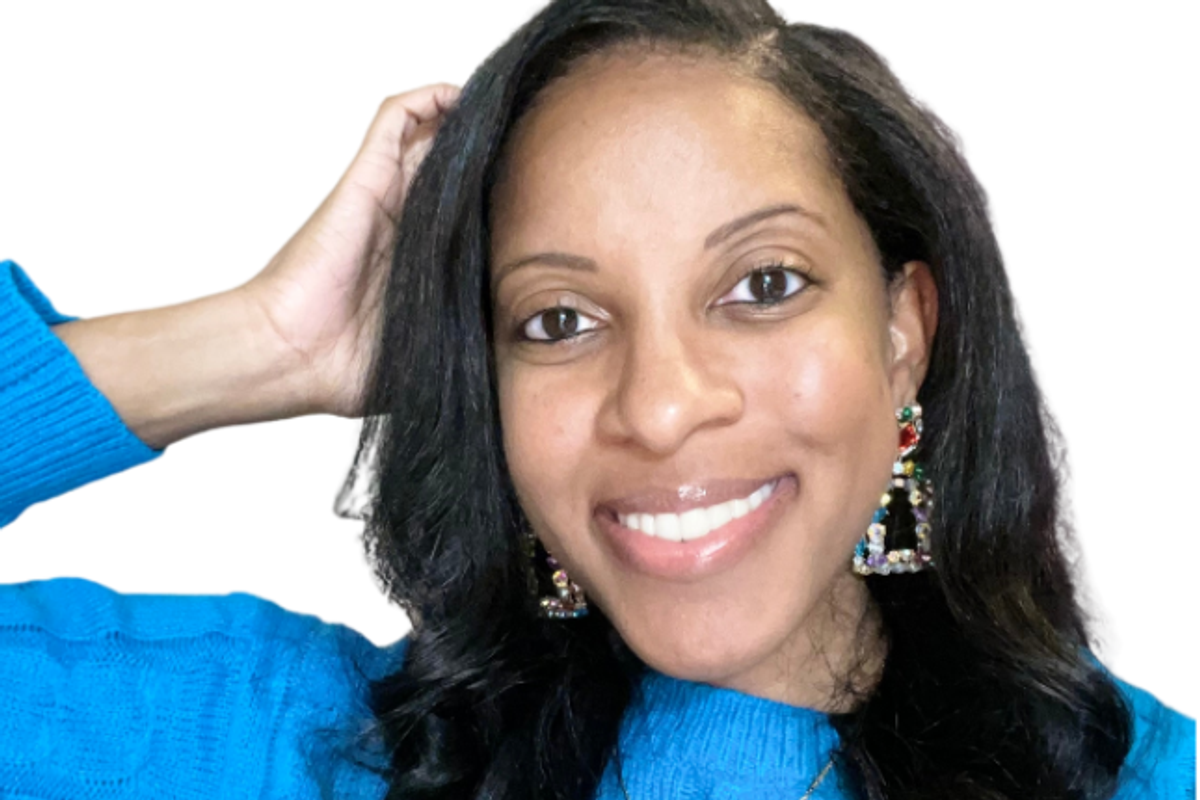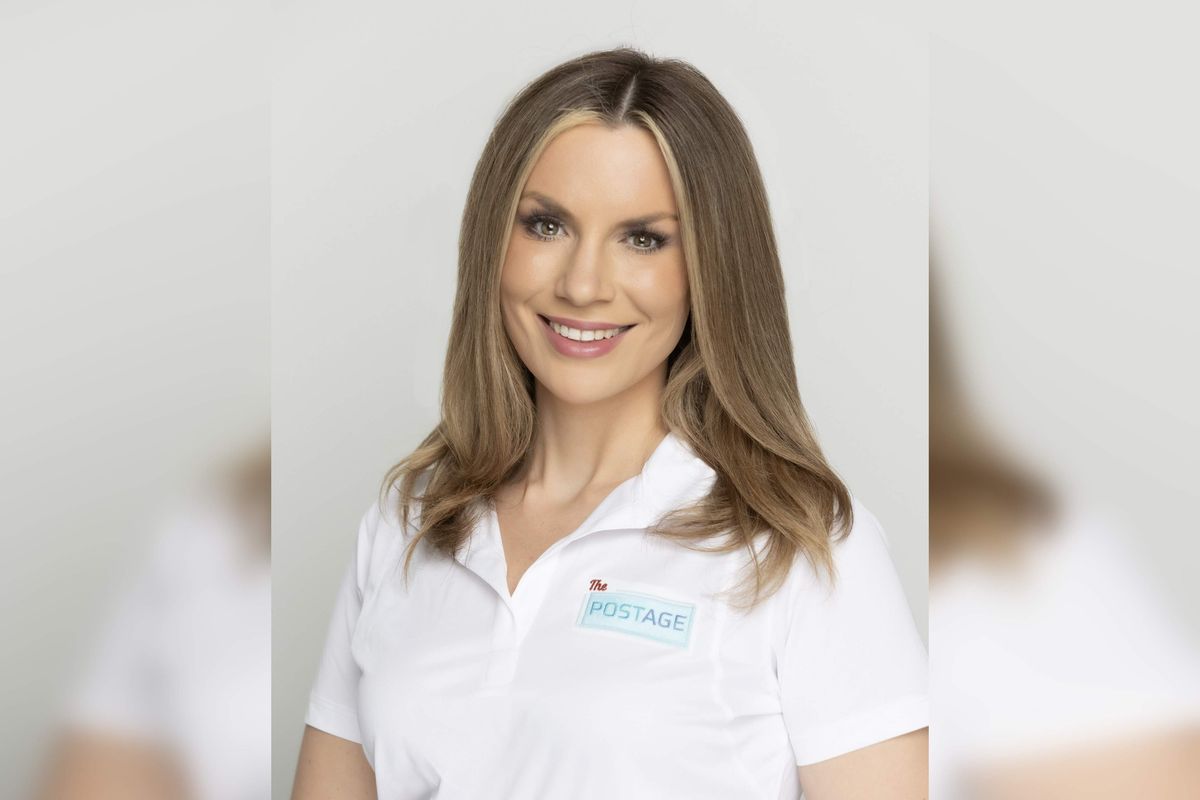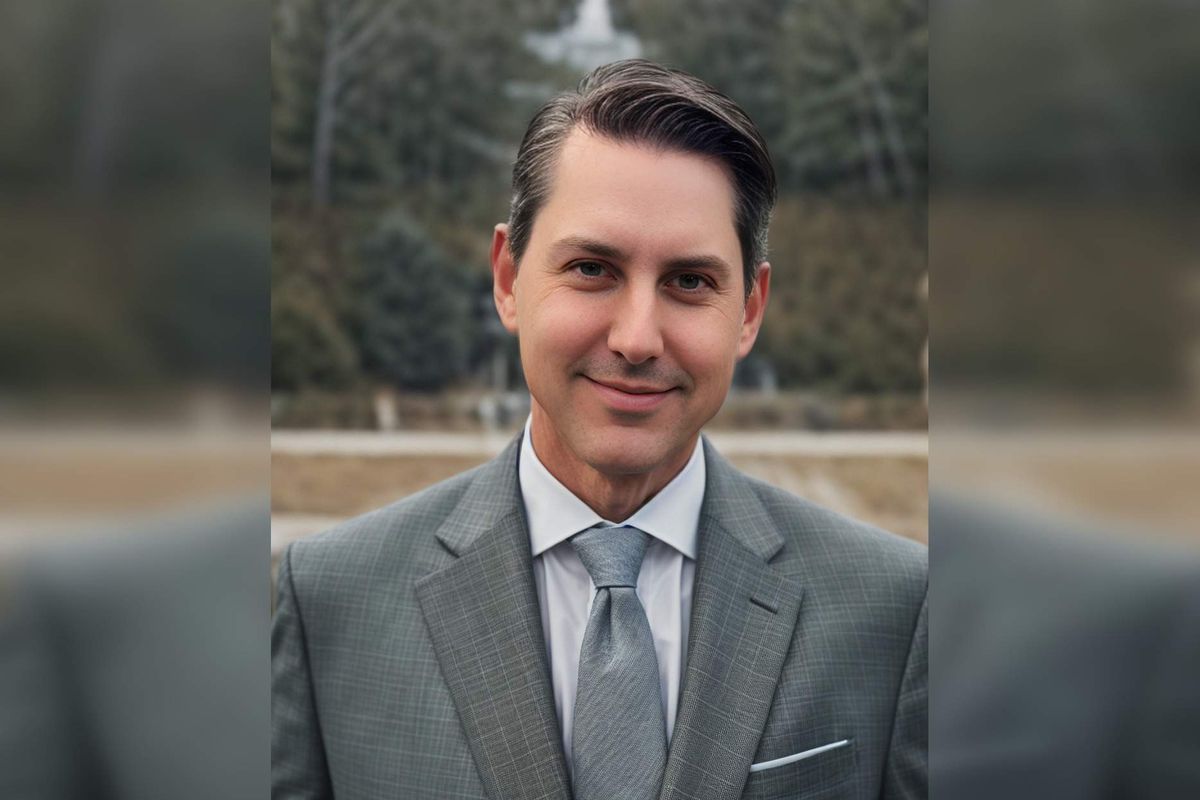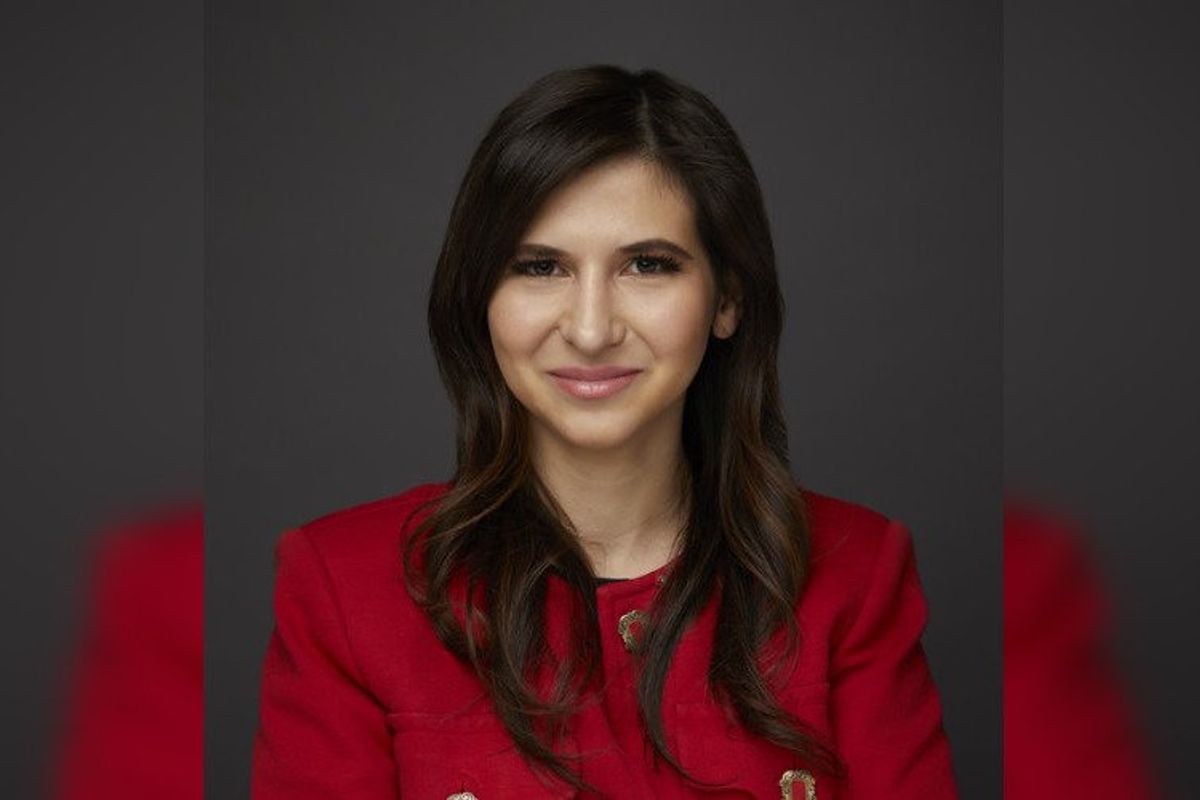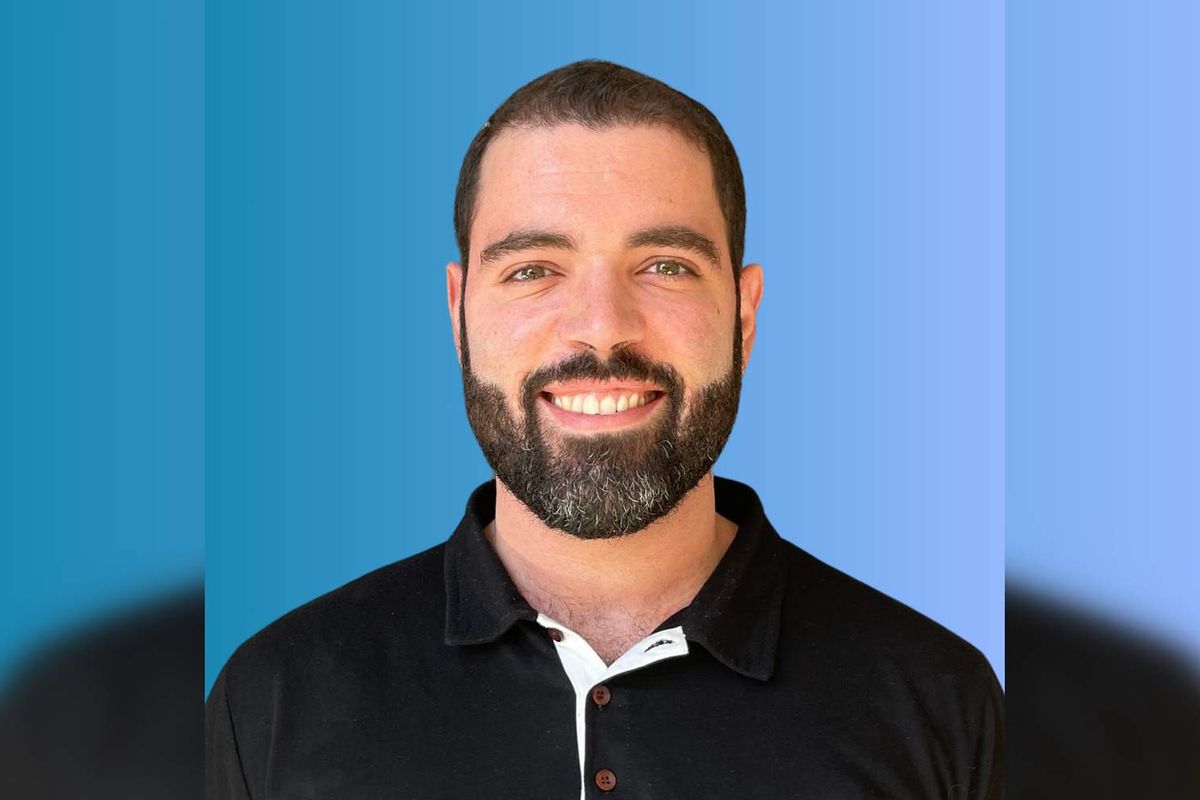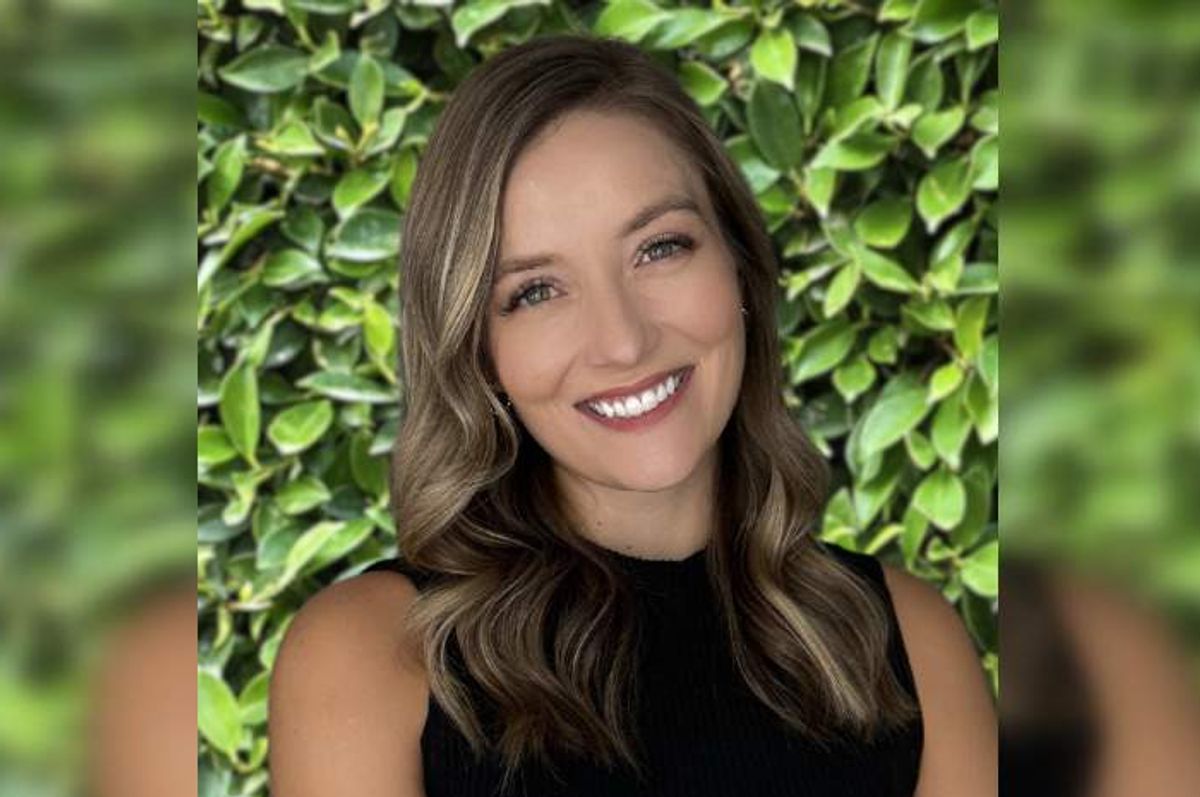2025 Houston Innovation Awards winners revealed at annual event
The winners are...
After weeks of anticipation, the 2025 Houston Innovation Awards winners have been revealed. Finalists, judges, and VIPs from Houston's vibrant innovation community gathered on Nov. 13 at Greentown Labs for the fifth annual event.
This year, the Houston Innovation Awards recognized more than 40 finalists, with winners unveiled in 10 categories.
Finalists and winners were determined by our esteemed panel of judges, comprised of 2024 winners who represent various Houston industries, as well as InnovationMap editorial leadership. One winner was determined by the public via an online competition: Startup of the Year.
The program was emceed by Lawson Gow, Head of Houston for Greentown Labs. Sponsors included Houston City College Northwest, Houston Powder Coaters, FLIGHT by Yuengling, and more.
Without further adieu, meet the 2025 Houston Innovation Awards winners:
Minority-founded Business: Mars Materials
Clean chemical manufacturing business Mars Materials is working to convert captured carbon into resources, such as carbon fiber and wastewater treatment chemicals. The company develops and produces its drop-in chemical products in Houston and uses an in-licensed process for the National Renewable Energy Lab to produce acrylonitrile, which is used to produce plastics, synthetic fibers and rubbers. The company reports that it plans to open its first commercial plant in the next 18 months.
Female-founded Business, presented by Houston Powder Coaters: March Biosciences
Houston cell therapy company March Biosciences aims to treat unaddressed challenging cancers, with its MB-105, a CD5-targeted CAR-T cell therapy for patients with relapsed or refractory CD5-positive T-cell lymphoma, currently in Phase 2 clinical trials. The company was founded in 2021 by CEO Sarah Hein, Max Mamonkin and Malcolm Brenner and was born out of the TMC Accelerator for Cancer Therapeutics.
Energy Transition Business: Eclipse Energy
Previously known as Gold H2, Eclipse Energy converts end-of-life oil fields into low-cost, sustainable hydrogen sources. It completed its first field trial this summer, which demonstrated subsurface bio-stimulated hydrogen production. According to the company, its technology could yield up to 250 billion kilograms of low-carbon hydrogen.
Health Tech Business: Koda Health
Koda Health has developed an advance care planning platform (ACP) that allows users to document and share their care preferences, goals and advance directives for health systems. The web-based platform guides patients through values-based decisions with interactive tools and generates state-specific, legally compliant documents that integrate seamlessly with electronic health record systems. Last year, the company also added kidney action planning to its suite of services for patients with serious illnesses. In 2025, it announced major partnerships and integrations with Epic, Guidehealth, and others, and raised a $7 million series A.
Deep Tech Business: Persona AI
Persona AI is building modularized humanoid robots that aim to deliver continuous, round-the-clock productivity and skilled labor for "dull, dirty, dangerous, and declining" jobs. The company was founded by Houston entrepreneur Nicolaus Radford, who serves as CEO, along with CTO Jerry Pratt and COO Jide Akinyode. It raised eight figures in pre-seed funding this year and is developing its prototype of a robot-welder for Hyundai's shipbuilding division, which it plans to unveil in 2026.
Scaleup of the Year: Fervo Energy
Houston-based Fervo Energy is working to provide 24/7 carbon-free energy through the development of cost-competitive geothermal power. The company is developing its flagship Cape Station geothermal power project in Utah, which is expected to generate 400 megawatts of clean energy for the grid. The company raised $205.6 million in capital to help finance the project earlier this year and fully contracted the project's capacity with the addition of a major power purchase agreement from Shell.
Incubator/Accelerator of the Year: Greentown Labs
Climatetech incubator Greentown Labs offers its community resources and a network to climate and energy innovation startups looking to grow. The collaborative community offers members state-of-the-art prototyping labs, business resources and access to investors and corporate partners. The co-located incubator was first launched in Boston in 2011 before opening in Houston in 2021.
Startup of the Year (People's Choice): FlowCare
FlowCare is developing a period health platform that integrates smart dispensers, education, and healthcare into one system to make free, high-quality, organic period products more accessible. FlowCare is live at prominent Houston venues, including Discovery Green, Texas Medical Center, The Ion, and, most recently, Space Center Houston, helping make Houston a “period positivity” city.
Mentor of the Year, presented by Houston City College Northwest: Jason Ethier, EnergyTech Nexus
Jason Ethier is the founding partner of EnergyTech Nexus, through which he has mentored numerous startups and Innovation Awards finalists, including Geokiln, Energy AI Solutions, Capwell Services and Corrolytics. He founded Dynamo Micropower in 2011 and served as its president and CEO. He later co-founded Greentown Labs in Massachusetts and helped bring the accelerator to Houston.
2025 Trailblazer Award: Wade Pinder
Wade Pinder, founder of Product Houston, identifies as an "Ecosystem Wayseeker" and is the founder of Product Houston. A former product manager at Blinds.com, he has been deeply engaged in Houston’s startup and innovation scene since 2012. Over the years, he has supported hundreds of founders, product leaders, and community builders across the Houston area. In 2023, he was honored as Mentor of the Year in the Houston Innovation Awards.











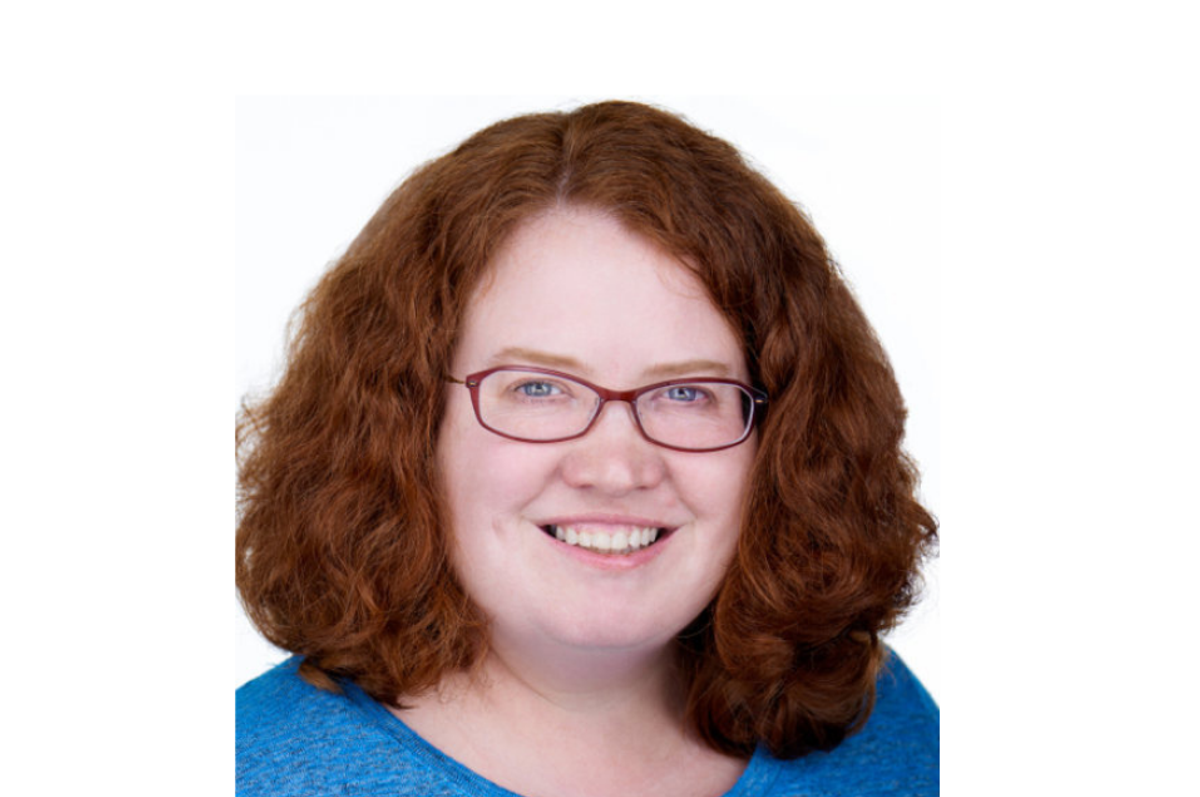 Houston data scientist joins medical device startup amid AI evolution in the sectorAngela Wilkins joins the Houston Innovators Podcast to discuss the intersection of data and health care. Photo courtesy
Houston data scientist joins medical device startup amid AI evolution in the sectorAngela Wilkins joins the Houston Innovators Podcast to discuss the intersection of data and health care. Photo courtesy
